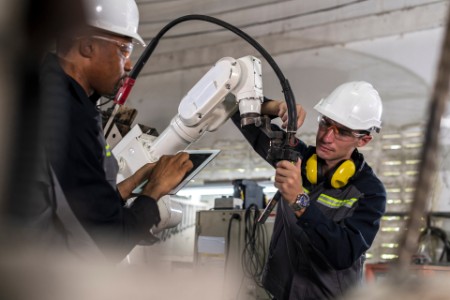Newsletters EY Belgium
Subscribe to one of our newsletters and stay up to date of our latest news, insights, events or more.
Featured press releases
Top families in the spotlight: Sioen, VPK Group and Ziegler in the race for 2024 'Family Business Award of Excellence®'
EY organizes anniversary edition of prestigious award
21 Feb 2024 Diegem BE
EY announces the acquisition of VVA Brussels
An experienced team of 50 professionals in European policy and economic consultancy joins EY.
2 Nov 2023 Diegem BE
More press releases
EY appoints Yannick Grécourt as the new Managing Partner of Financial Services
Effective from July 1, 2023, Yannick Grécourt will act as the new Managing Partner of EY Belgium’s Financial Services division.
19 Jun 2023
Belgium attracted 4% fewer foreign investment projects in 2022 but they generated 16% more jobs
Belgium remains a leading destination for foreign investment in Europe, but is losing ground..
11 May 2023
Next





